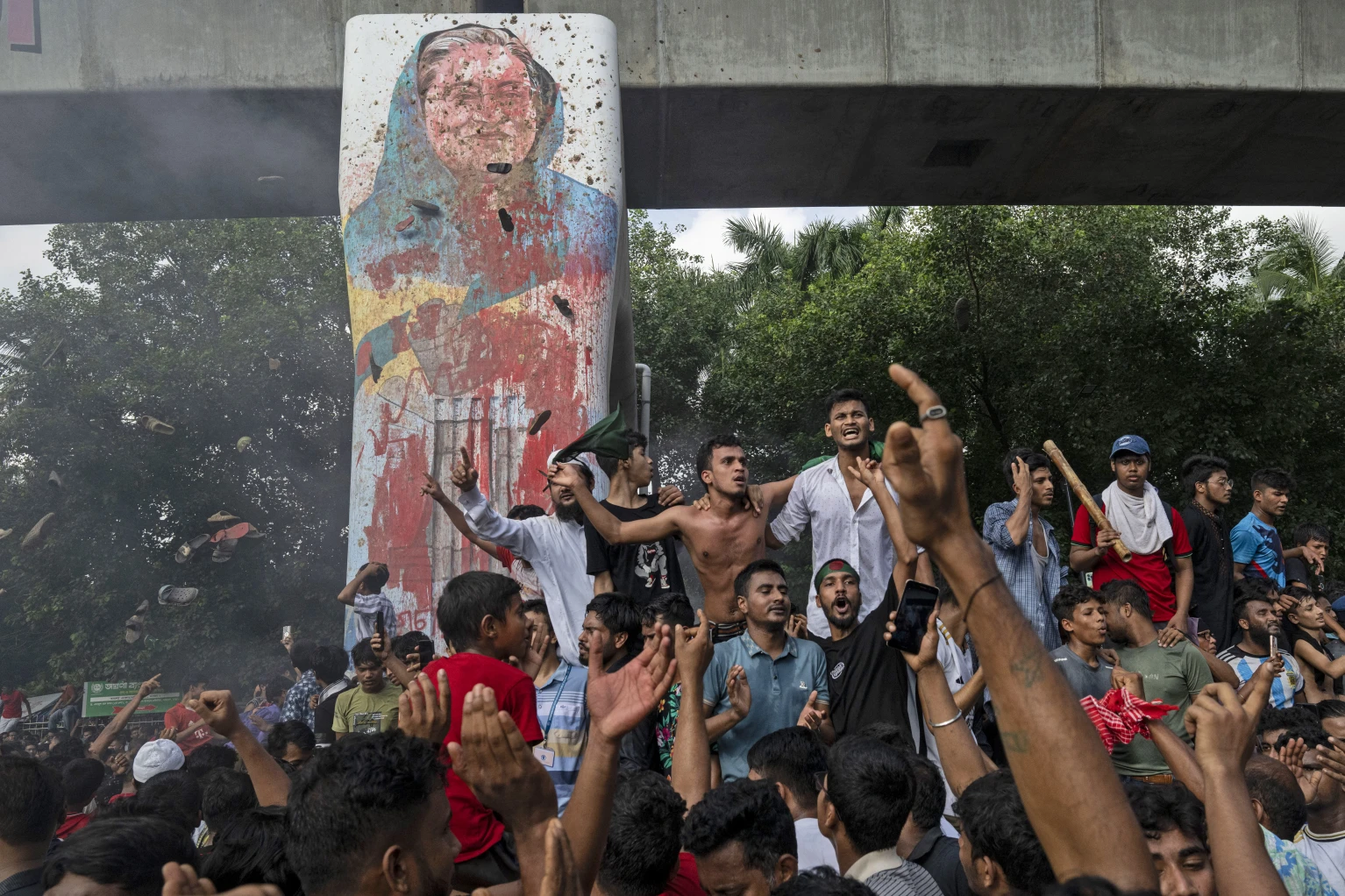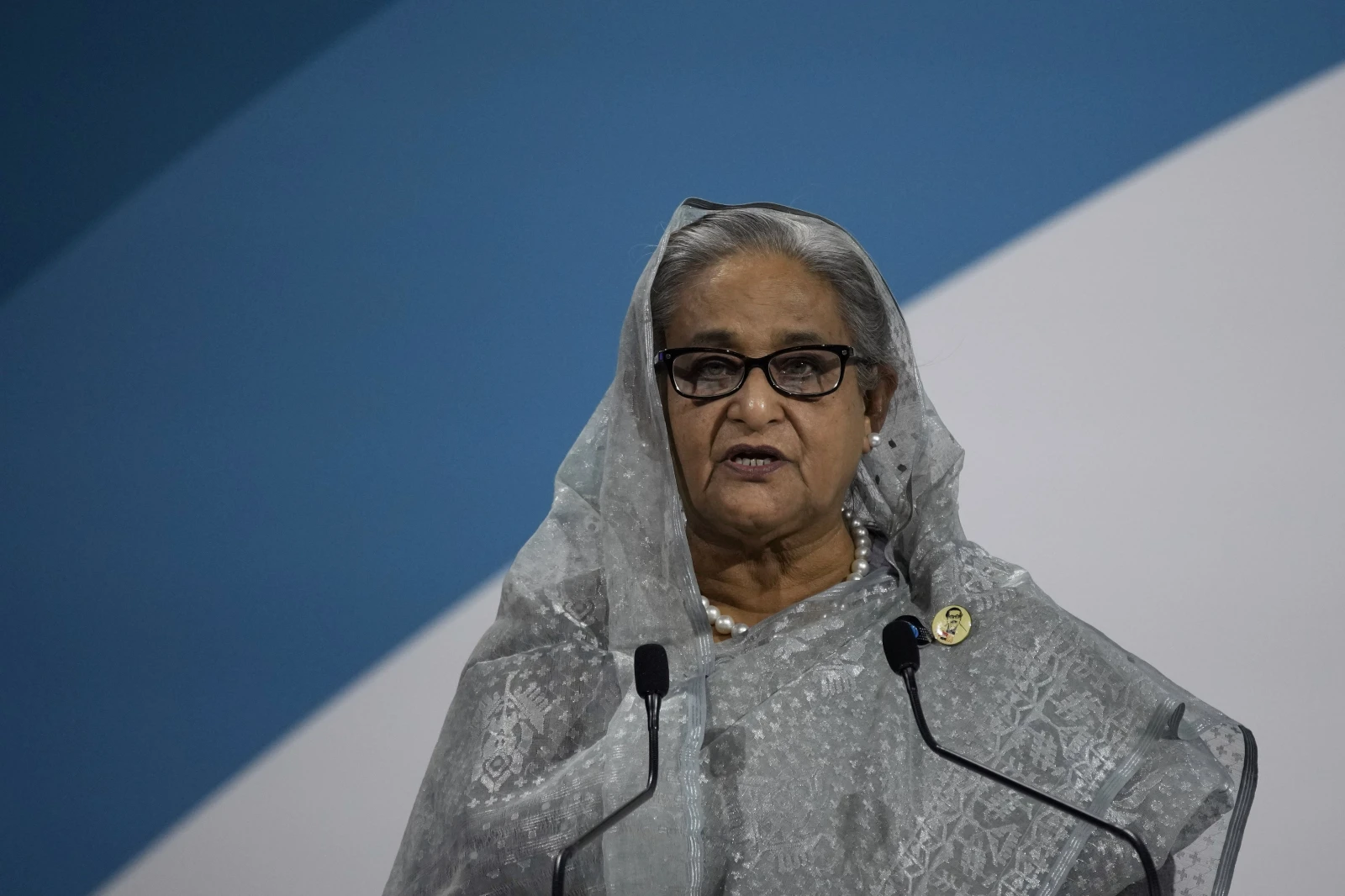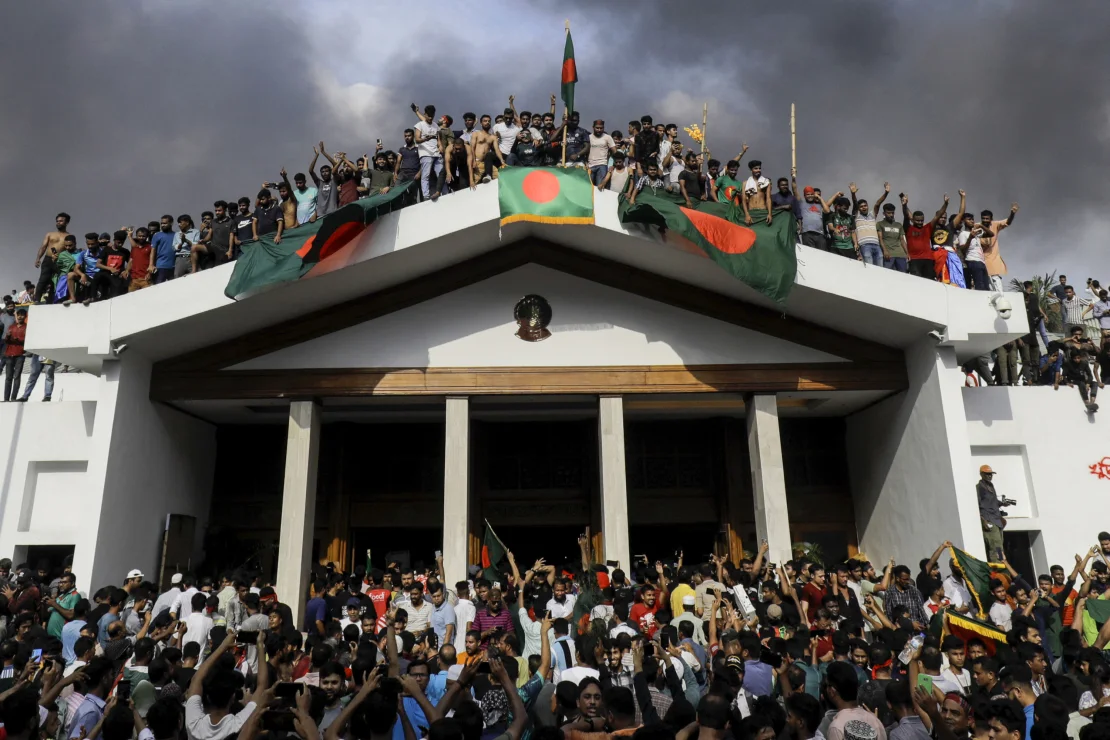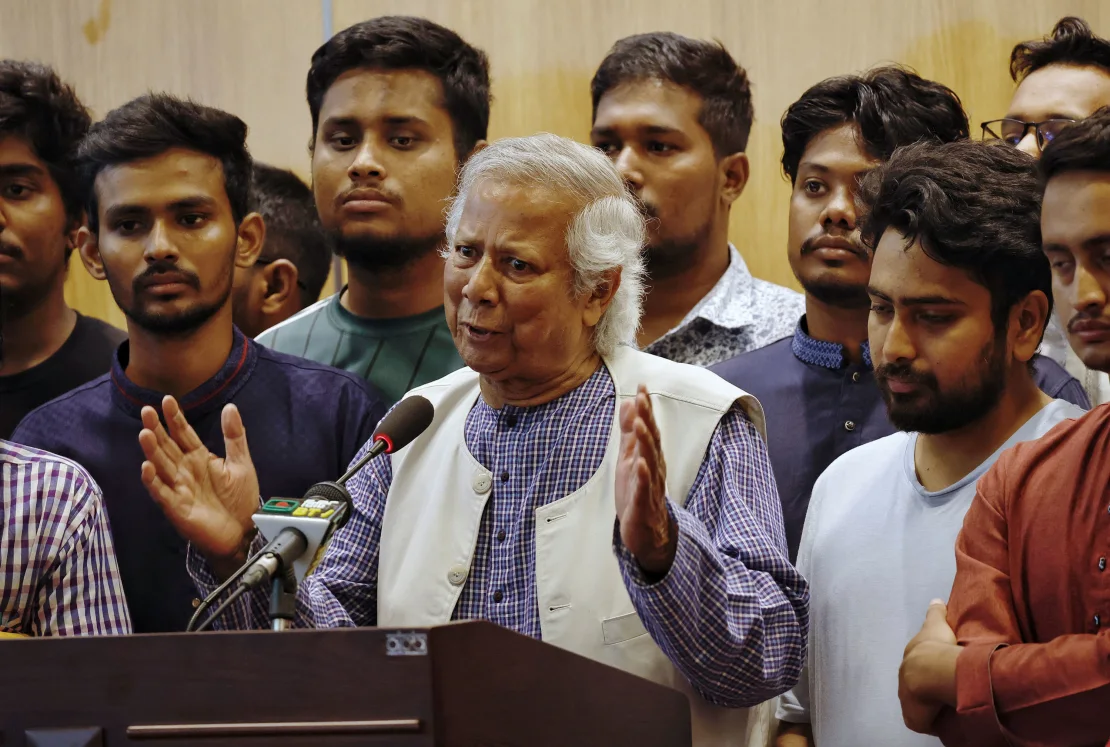2024 Protests in Bangladesh: A New Chapter for LP4Y Youths and Catalysts
- Catalyst Of Change
- Sep 3, 2024
- 5 min read
Essential context of the 2024 protests in Bangladesh
To fully understand the background of Bangladesh, we need to go even further back in time to 1947, when India won its independence from the British. This huge country was partitioned: East Bengal became part of Pakistan, known as East Pakistan, while West Pakistan was the dominant part of the country. However, linguistic, cultural, and political disparities raised tensions. In 1971, after a brutal conflict and a bloody war of independence (millions of Bangladeshis died), East Pakistan seceded to become Bangladesh.
Under the leadership of Sheikh Mujibur Rahman, called “the Father of the Nation” for his big play in the liberation of the country, the new nation struggled with poverty and rebuilding. Over the decades, Bangladesh experienced military coups, political turmoil, and the rise of major political parties — the Awami League and the Bangladesh Nationalist Party (BNP).
In the 2000s and 2010s, Bangladesh saw significant economic growth and improvements in social indicators, but also faced challenges like political violence, corruption, and the impacts of climate change. By 2024, Sheikh Hasina, the daughter of Mujibur Rahman, had led the country for many years, steering it through both progress and political unrest, with the nation continuing to struggle with issues of governance, democracy, and social equity.
The protests come from long-running resentment over a quota system that saw 56% of government positions in Bangladesh reserved for various groups, including 30% for the descendants of “freedom fighters” who fought in the 1971 War of Independence. This quota system has proved an enormous barrier to highly coveted civil service positions for the country’s large Youth population, many of whom are unemployed. It had also become a subject of controversy due to the large number of quota jobs going to supporters of the ruling Awami League party. Under immense pressure from an earlier student mobilization over the issue, Hasina abolished the entire quota system in 2018. But in June 2024, the country’s high court overturned this decision, sparking a fresh round of big and violent protests across the country.
Main events: July-August 2024
Violent Protests: Hundreds Killed and Wounded
July 1, 2024: Protests began, led by students, in response to the government's controversial quota laws. Initially focused on educational and job quotas, the demonstrations quickly spread to broader issues of economic hardship and political corruption.
July 5-10, 2024: Violence between opposing factions of protesters intensified, resulting in deadly clashes. The situation escalated further with the involvement of police and military forces, leading to numerous deaths and injuries.
Lockdown and Internet Shutdown: LP4Y Training and Development Center closed
July 10-15, 2024: The government imposed a six-day lockdown and cut off internet access nationwide in an attempt to quell the unrest. Despite these measures, protests continued to gain momentum. The LP4Y’s Catalysts had to close the TDC for the safety of the Youth and remain confined (instructions from the French Embassy).
August 1, 2024: The national parliament was attacked and partially damaged by protesters, who also looted the building, symbolizing the breakdown of governmental authority.
Prime Minister’s Departure: Interim Government and New Hopes
August 5, 2024: Under immense pressure and fearing for her safety, Prime Minister Sheikh Hasina resigned and fled to India. Her departure was seen by many as the end of an era and was celebrated by protesters, with some referring to it as the "Second Independence of Bangladesh."
August 6-7, 2024: Following Hasina's departure, there was a surge in violence, particularly targeting minorities, as Hindus, and her supporters (see below the testimony of one Youth). Vandalism and robberies became widespread as the country descended further into chaos.
August 8-10, 2024: Amidst the ongoing disorder, students and other citizens began organizing to restore some semblance of order. They took on roles in maintaining security, managing traffic, and cleaning public spaces, working to stabilize the situation from the ground up.
August 12, 2024: The army took control and established an interim government, tasked with restoring order and leading the country through this crisis. In response to a request from the students, Nobel Peace Prize laureate Professor Muhammad Yunus agreed to lead the temporary government, bringing a sense of hope for a peaceful and democratic transition.
Testimony of Asha Moni, Youth in the Training and Development Center Dhaka
Hello everyone, my name is Asha Moni. I am 17 years old, and I joined LP4Y five months ago. I live in Bhashantek, an underserved area of Dhaka. During the 2024 protests in Bangladesh, my family faced many difficulties because my father was a supporter of Sheikh Hasina. We had to go into hiding for several days, which prevented us from going outside for work, and I missed nearly a month of my training at LP4Y.
My father and brother run a steel shop, which is our family’s only source of income. We had to close the shop for many days. After Sheikh Hasina left the country, some people, including former friends who once supported my father, found and attacked us. When we tried to move the raw materials from our shop, they robbed us in broad daylight. My mother tried to stop them, but they didn’t listen and even threatened my father and brother, forcing them to hide again.
Thankfully, the situation is slowly improving, and we hope that soon we will be able to go outside and work freely.
I aspire to get a decent job soon, and I hope that under this interim government, people like us, who have been marginalized, will have a chance at a better life.
Testimony of Emma Vandenbrouck, French Catalyst in the TDC
Hello everyone! I’m Emma, and I’ve been with LP4Y for the past six months, working in the Partnership Team here in Dhaka at the Bhashantek TDC. These last few weeks have been particularly intense and emotional. As a “bideshi” (foreigner in Bengali), it was challenging to fully grasp the situation and its implications. We had to deepen our understanding of Bangladesh's history and political landscape to realize the scale of the events unfolding around us.
Thankfully, our co-national Catalysts, who are also our roommates and friends, kept us informed and guided us on the best ways to stay safe. The most stressful period was the lockdown, during which we were confined to our flat for six days with no internet or means of communication. We were cut off from friends and family and were unaware of what was happening outside. Despite the difficulties, this period also allowed us to bond more closely with the roomies (community life at its best!). We cooked a lot of French crepes and kitchuri (a Bengali dish with rice, dhal, vegetables, and a touch of chili) and played UNO every single day.
The days that followed were still anxious and uncertain. There were attacks and robberies in our neighborhood, the TDC remained closed and, as foreigners, the embassy advised us to stay confined as much as possible. But since the official inauguration of the interim government we are finally feeling optimistic. The police are back on duty, students have resumed their classes, and the Youth are gradually returning to the Center! It’s a great relief to see life returning to normal and to feel safe going outside again.
Let's hope things continue to improve and that this new government brings peace, justice and lots of great opportunities to this young and rich country of Bangladesh!
More information - International News
Article Le Monde - Published on July 20, 2024: Violent crackdown on student protests plunges Bangladesh into chaos (lemonde.fr)
Article AP News - Tue August 6, 2024: What's next after Bangladeshi protestors forced PM Sheikh Hasina to resign | AP News
Article CNN - Thu August 8, 2024: Who is Muhammad Yunus, the Nobel laureate leader of Bangladesh’s interim government? | CNN




















Comments